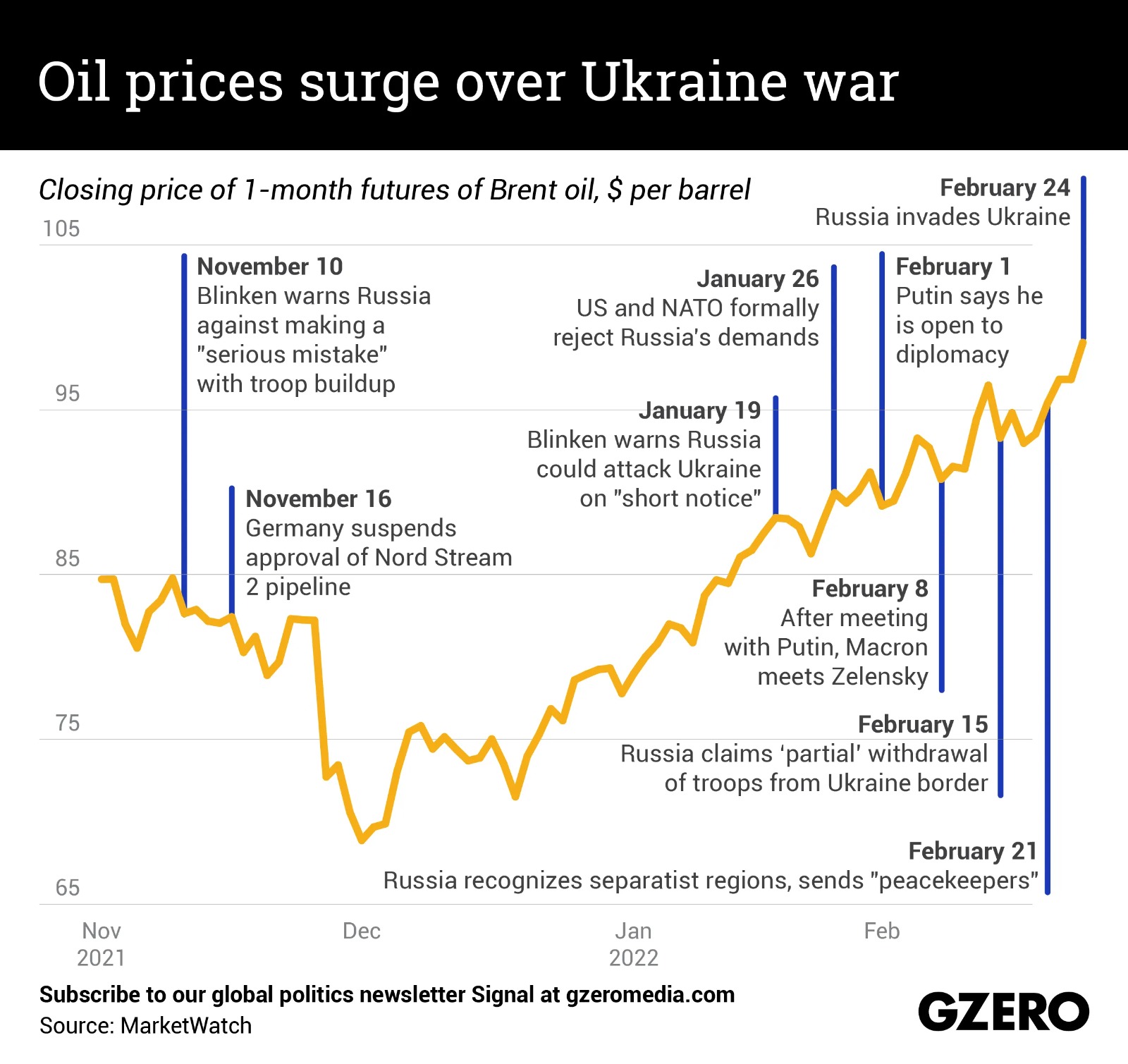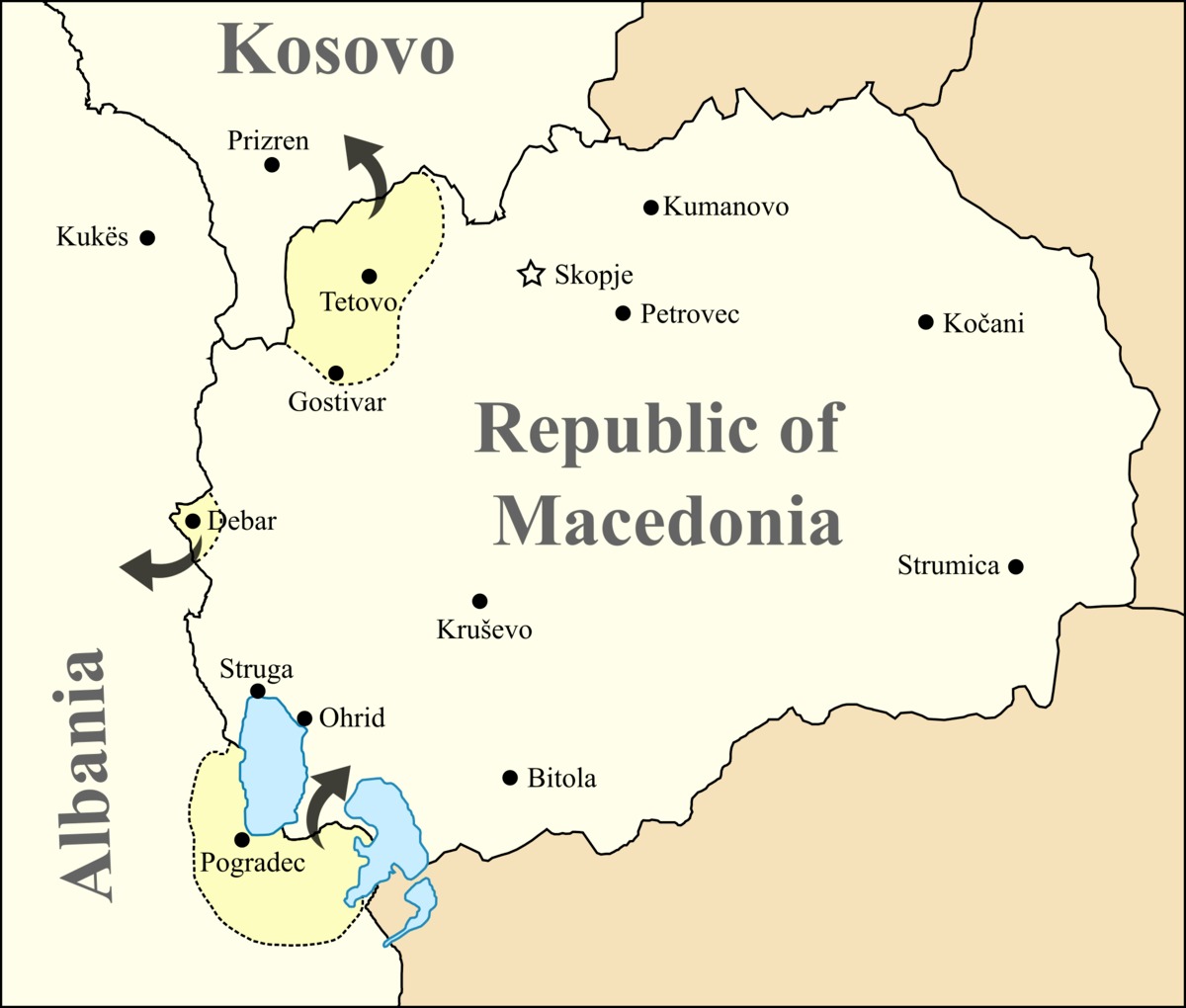Preventive diplomacy and early warning
Preventive diplomacy refers to the peaceful way of solving the conflicts, tension, and disputes that are existing between two nations. When we take this peaceful way of trying to solve the confrontations between the nations, we also reduce the possibility of bloodshed or conflicts that can be raised to armed confrontation which at the end can save many lives of civilians and armed forces. Thus, helping in reducing the impact of it.
We can take the recent instance of the Russia and Ukraine war where due to the ongoing scenes some other countries are also suffering from it. The war between Russia and Ukraine has created a shortage of wheat and also has influenced the price of crude oil and other commodities. India is also suffering economically because of the disruptions of supply by Western countries, inspite of having a little trade with Russia. In this case, both the countries should come together, try to talk over the differences and arguments due to which this conflict started.

Many governments are unconvinced of using the concept of early warning to prevent conflicts as they think that it might be risky or potential ineffective. But there are examples of past where taking an early warning or early action helped in preventing the conflict.
In many cases conflicts between nations arises due to the misunderstanding or lack of understanding between ethnic groups. But there are examples from the past where preventive diplomacy and early warning are effective:
One of such examples is the ethnic tension in Estonia. There were tensions between the Estonian majority and Russian-speaking population. So, to prevent this they did workshops and projects which was in collaboration of the Conflict Resolution program at the Carter centre. In this workshop, they talked openly about their differences, issues and problems. This meeting resulted into the stronger network of high level participants representing all the ethnic groups and political ideologies in Estonia as well as various ministries and professions in Russia.
The other example we can take is of the tensions between the Macedonian majority and the ethnic Albanian minority. The relationship between the ethnic Macedonian majority and the ethnic Albanian minority in the Former Yugoslav Republic of Macedonia (FYROM) was closely monitored by Mr Van Der Stoel, the OSCE (Organisation for Security And Co-Operation In Europe) high commissioner on national minorities in the late 1990s. Mr Van der Stoel also played a key role in the establishment of Tetovo University which was funded by a 5 million euro contribution from the Dutch and European government.
Albanians in Macedonia as a whole demanded greater cultural and educational rights and also state support of their underground language in Tetovo University. They also demanded greater representation in administration, the armed services and law enforcement. They claimed to represent up to 40% of the population instead of 22.9% registered in the June 2001.
Mr Van repeatedly gave early warnings as ethnic tension increased in late 2000 and early 2001 and the potential of a more serious military conflict increased, including a dramatic remark at OSCE Permanent Council meeting. In response to the early warnings, the OSCE chairman in office appointed Mr Van Der Stoel on July 1, 2001, with the purpose to promote conversation and make proposals for a fast solution to the current crisis
At the same time the OSCE collaborated and formed close links with NATO, the European Union and eventually the council of Europe. This combined effort helped to bring under control, and calm and peace were soon restored.
